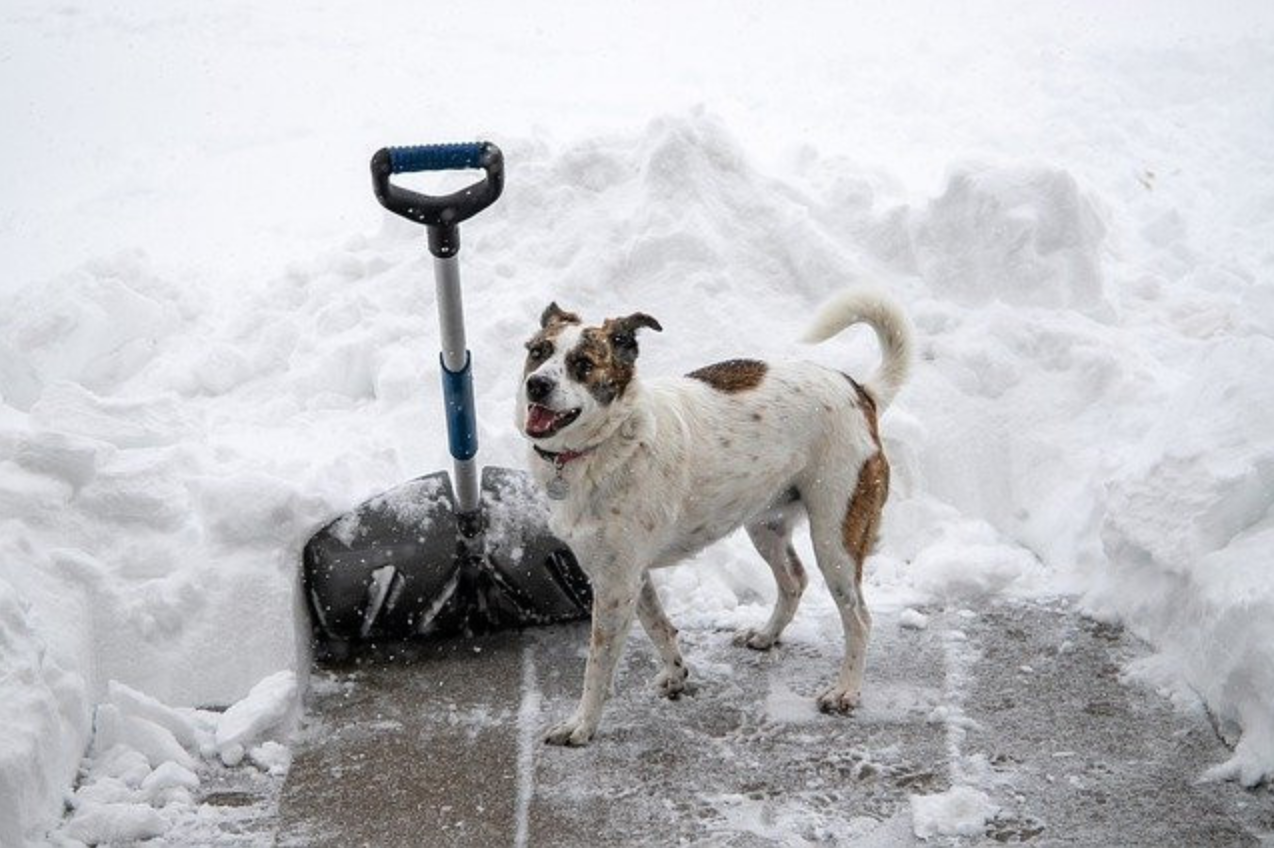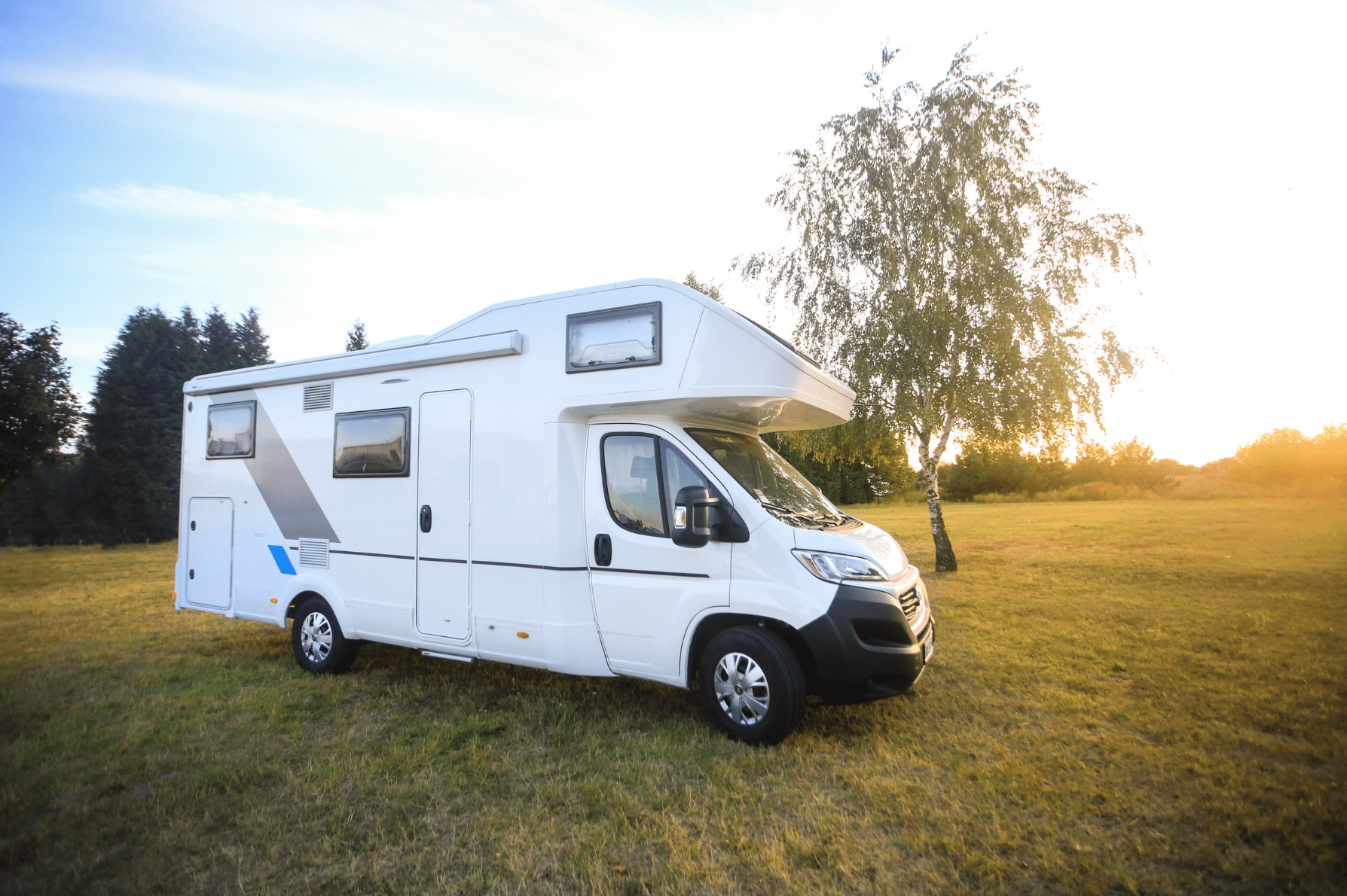You’ve finally done it. You just bought an RV, and you love it. But now what? Is leaving it parked in your backyard okay, or do you have to make other plans?
As a new RV owner, these questions are completely understandable. That’s why I’ve outlined the answer below for you.
Keep reading to explore the world of RV backyard parking and its legal, environmental, and practical concerns!
What Does the Law Say?
Let’s start by going over laws on the matter. The last thing you want is to get slapped with a fine, or worse, for illegal parking. In many places, local ordinances, zoning laws, and HOAs do allow RV parking.
Check out the specifics below, so you have a solid understanding of each legal category.
Local Ordinances
There isn’t an overarching federal law against backyard RV parking, but watch out for local ordinances. Ordinances regulate things like zoning, public safety, and building codes.
Your local ordinances may also tell you whether you can or can’t park your RV in the backyard.
It’s best to give your housing office, county courthouse, or local law office a call on the matter for the most up-to-date information.
You can also search the web for your city’s municipal ordinances.
Zoning Laws
Zoning laws set rules on property use, among other things. Breaking zoning laws could lead to legal action or fines, so you’ll want to check these for your area.
Keep in mind that you may need a residential zoning permit to park your RV in your backyard.
Homeowner’s Association Rules
Now, if you’ve checked all the local laws and you’re in the clear, there’s one more thing to check: HOA rules.
If you live in a neighborhood with a Homeowner’s Association to enforce community-specific rules and restrictions, ask them before parking your RV.
Some HOAs allow smaller (class B) RVs but ban large (class A) ones, no matter where they’re parked. Some let you park on your property for a day or two but not long-term.
Some allow RV parking, but you can’t have other people living in a parked RV.
HOAs are more likely to allow RV parking in backyards than a driveway or street parking. Regardless, I don’t recommend testing your HOA because they can hit you with reasonable fines.
More to Consider: Environmental, Health, and Practicality
Let’s say you’ve checked your local laws and gotten approval from your HOA to park your RV in the backyard. So, technically, you can park it there if you want.
Even so, I recommend considering its effect on your backyard in terms of the environment, your health, and practicality.
What About the Waste?
If you just got back from a cross-country RV trek, consider where you’ll dump your gray and black water before parking it. As a refresher, gray water has some bacteria you can filter out and safely reuse.
Black water’s a different story. It has human waste, and you won’t want to empty it in your local sewer drain.
You should definitely check local waste disposal regulations before taking action. You can potentially hook up your RV to a septic tank if it’s going to be sitting on your property for a while.
Pest Control
Does your RV look nice and cozy out back? Well, rodents, insects, or other animals might be thinking the same thing. If you plan on parking in your backyard, make your RV pest-proof.
Seal those doors and windows and use pest control products. The last thing you or your neighbors want is an infestation!
Safety Hazards
Does your RV have smoke or carbon monoxide detectors and fire extinguishers? Are you comfortable securing it to avoid fires, electrical risks, or theft?
If you’re parking your RV in your backyard, cover your safety bases.
Space & Accessibility
Even if you can physically fit your RV in your backyard, is it going to cause accessibility issues?
You wouldn’t want to bring a new RV home just to realize parking will block off a gate or damage your landscaping or other property.
I know this may seem minor, but if you plan on leaving your RV parked in the backyard for a long time, the grass underneath will suffer.
Also, if you have a septic system or a private well, you definitely need to keep those in mind before you park your RV.
Basically, you should measure exactly where your RV will be and consider its impact on your property.
Alternatives to Backyard Parking
Have you gotten the green light from all the factors I went over above? No? If you find out that you can’t park your RV out back, don’t sweat it.
And don’t try to do it anyway! There are other options out there. I’ll explain a few, so you have some ideas.
First, you can consider RV-specific storage facilities. It might cost you around $100 to $400 or more every month, depending on the RV size. But it’s worth it if you don’t have other options.
Another option is driveway parking. However, you’ll want to re-check those local or HOA regulations because driveway parking could have different restrictions.
RV parks could also work if there’s one nearby. They usually have nice amenities like electrical hookups and water. T
hey could cost a few hundred a month or over a thousand depending on how luxurious they are.
Now, feel free to get creative with your options! For instance, check local online marketplaces to see if private homeowners offer RV parking.
Check around for lots or land available for rent. Of course, before sealing the deal, go back through the legal and practical considerations on my list here to ensure the option is doable.
This video from HappilyEverHanks goes over 11 Rv Overnighters That Surpass Walmart.
Conclusion
In short, whether or not you can park your RV in your backyard largely depends on your local laws. Most rural places and some urban communities allow backyard RV parking.
After you’ve confirmed that your local laws allow it, consider practical RV parking topics, such as whether or not your backyard is big enough. If the answer to all these variables is yes, then park away!
As an RV owner, the most important thing you can do when considering this question is to research thoroughly. So, at this point, you’re already well on your way to being a responsible RV parker!
Related Posts:




